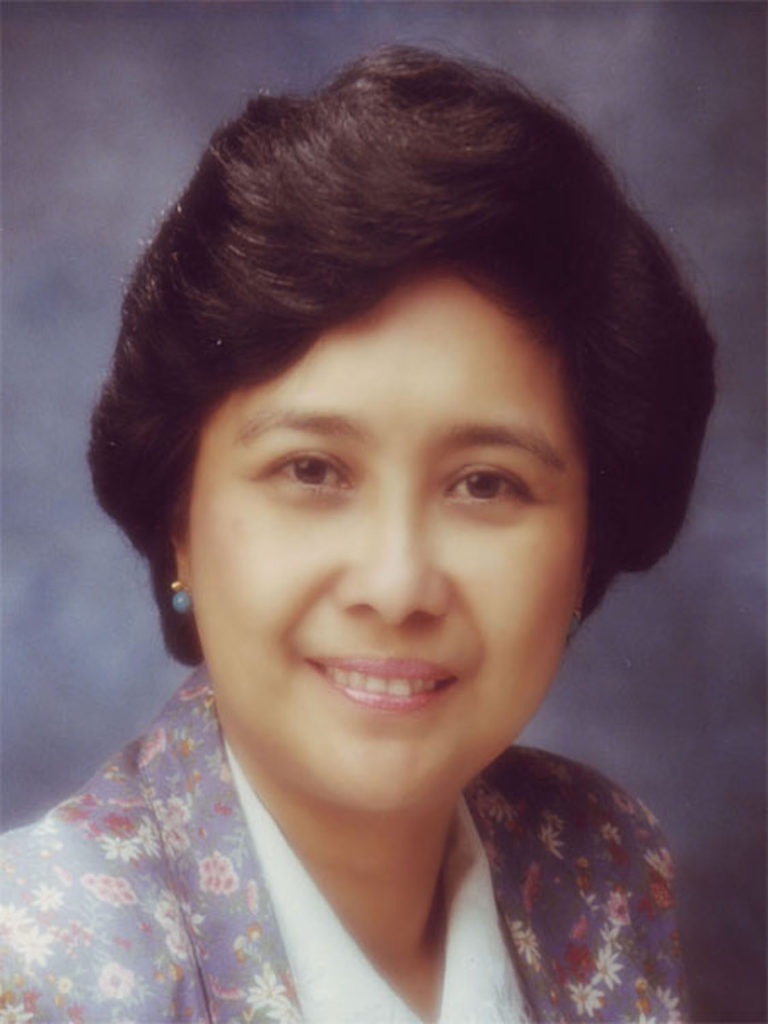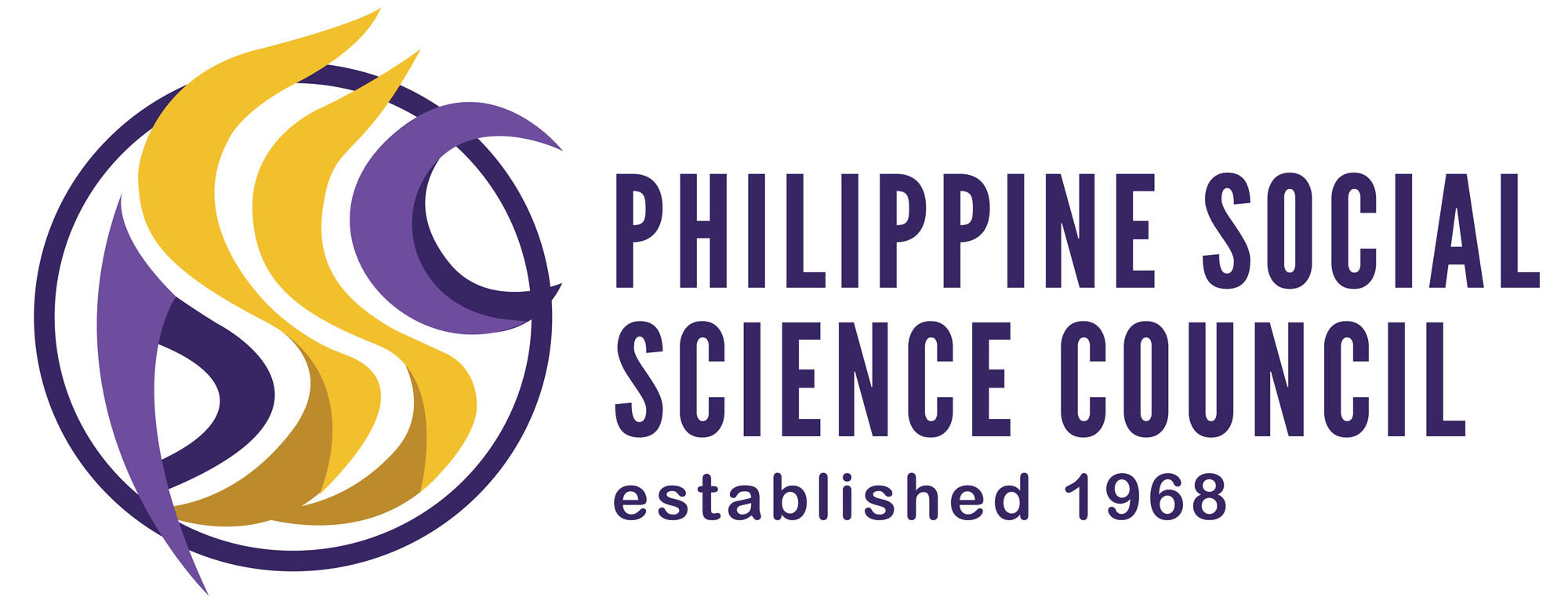
Amaryllis T. Torres
Amaryllis T. Torres is an educator, researcher, and gender-based development advocate. Currently, she is the Professor Emeritus of the College of Social Work and Community Development (CSWCD) of the University of the Philippines Diliman, after having taught there for almost four decades[1]. She has completed a Doctorate Degree in Psychology widening her field of expertise[3]. She also served as the dean of the aforementioned department, Vice Chancellor for Academic Affairs, Director of the Office of Research Coordination, and Chairperson of the Department of Community Development[1]. Dr. Torres has also assumed roles in both governmental and professional organizations, such as Commissioner of the National Commission on the Role of Filipino Women (NCRFW), Chairperson of the Committee on Social and Human Science, Executive Director of the Philippine Social Science Council (PSSC), Chairperson of the UNESCO National Commission of the Philippines, and President of the Psychological Association of the Philippines (PAP)[2].
Apart from being an esteemed academic, Dr. Torres is also considered one of the leading authorities and pioneers of gender-based development issues. She features an extensive collection of writings on women’s experiences within the different structures of private life and society, such as formal and informal societal institutions, workspaces, the democratic fora, their portrayal in most forms of literature, and most importantly, within the model of the Filipino family[1]. Her research covers the various aspects of gender inequality, including but not limited to their manifestations, causes, the conditions that perpetuate them, and the consequent repercussions of inequality on the state and its constituents[1]. Her research interests and publications revolve around the issues of Community Development, Child Labor, Gender and Women’s Studies, Philippine Psychology, Social Psychology, Social Development Research and Participatory Strategies, and Monitoring and Evaluation Systems[2].
Through her expertise and impressive record of espousing the advantages and potential of gender-based development programs and policies within a country, she has been involved in working with several international organizations such as UNICEF, ILO, UNESCO, AUSAID, and ASEAN[1]. She has extended training and technical assistance on gender mainstreaming initiatives to national agencies, international organizations, Southeast Asian governments, and local government units[3].
